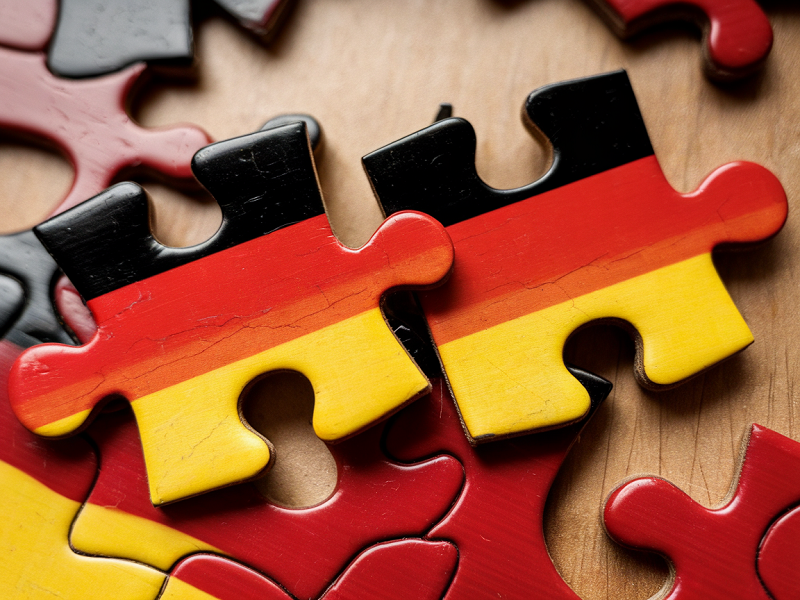Blog

German is famous for its ability to combine words into descriptive compounds, reflecting the language's creativity and precision. Discover how these unique words, like *Handschuh* (glove) and *Fernweh* (wanderlust), capture complex ideas with simplicity and charm.
German is often praised (and occasionally feared) for its unique ability to combine words into long, descriptive compounds. These compound words, called Komposita, are not only practical but also reflect the efficiency and creativity of the German language. Let’s explore how German uses compound words to pack complex ideas into a single linguistic punch.
In German, compound words are formed by combining two or more smaller words (called Stammwörter) into a single unit. Each component retains its meaning, and together they create a new concept. This allows German speakers to invent words on the fly, tailored to specific situations.
Example:
It’s logical, straightforward, and undeniably German!
Here are a few commonly used German compound words that show how functional and descriptive they are:
Sometimes, German creates compound words for ideas that don’t have a direct equivalent in English:
German compounds can sometimes stretch into comically long words. These often emerge in technical or bureaucratic contexts:
While such words are rare in conversation, they highlight German’s ability to be hyper-specific when needed.
Order Matters: The last word in a compound determines its grammatical gender and primary meaning.
Example:
Linking Letters: To make compounds flow better, German sometimes adds linking letters like “-s-” or “-e-.”
Example:
Germans often create humorous compound words in everyday life. For instance:
These words highlight the language's creative and playful side.
German compounds are more than just linguistic quirks; they offer insight into how Germans view and describe the world. This precision, efficiency, and creativity make learning the language a rewarding experience.
Wouldn’t it be amazing to pack an entire idea into a single word? If you’re ready to explore the world of Wortzusammensetzungen (word combinations), you’ll find that German’s charm lies in its ability to say more with less.